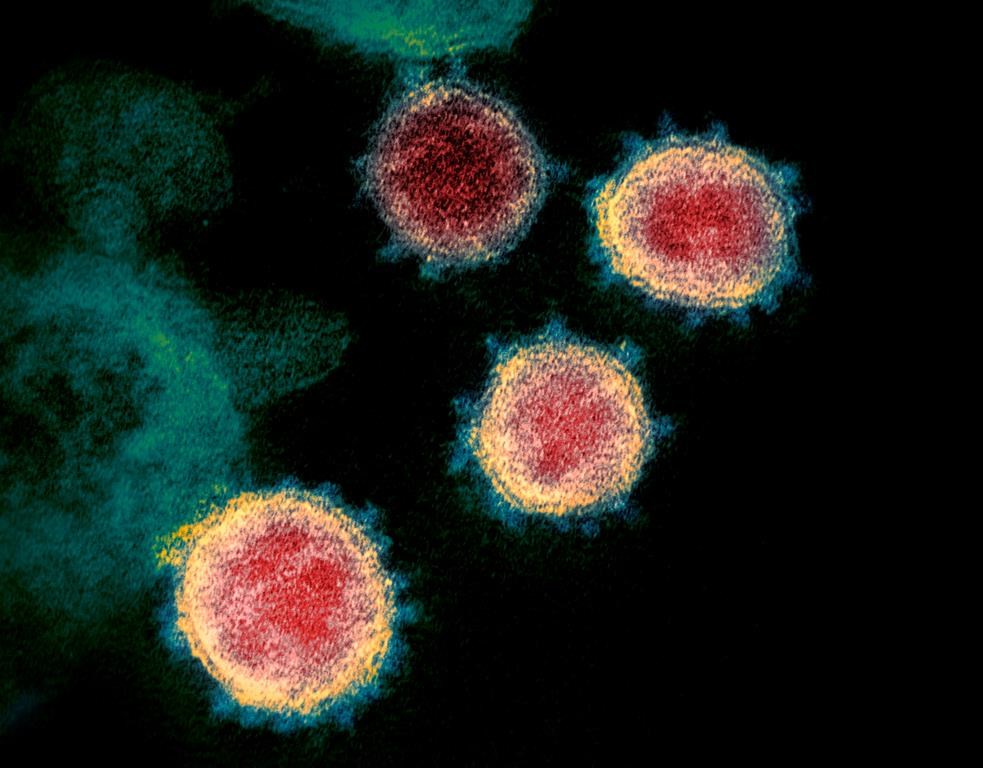Information is key amid a viral pandemic, and no one knows that more than Lawson Health Research Institute.

The agency announced Tuesday that it’s funding more than 14 local research projects aimed at improving scientific knowledge and treatment of the novel coronavirus, and examining the pandemic’s effects on mental and physical health.
In total, Lawson, the research arm of London Health Sciences Centre and St. Joseph’s Health Care, says it’s awarded more than $200,000 in grants to its research teams as part of a pandemic response competition established in March through an internal research fund.
“We have a regular pilot study grants competition, but we decided that our next one we would turn over entirely to COVID studies,” said Lawson’s Scientific Director, Dr. David Hill, in an interview Tuesday.
Funding is being disbursed in grants no larger than $15,000 — not a lot of money for a meaningful research study, he noted, but time is of the essence.
“In a normal scientific world, you’d sort of work for a few months and you’d get some pilot data together to really justify your idea, and then you’d write a fuller grant application. With COVID, we don’t have that opportunity,” Hill said.
While all of the projects being funded are COVID-19-related, the specific focus of the projects themselves are varied and wide-ranging.
For example, one project the institute is highlighting looks into the use of a new type of drug to stop the novel coronavirus from utilizing three particular proteins as an entry point to get into and infect lung cells.
Two types of antisense molecules are being tested that would reduce the amount of these proteins.
“With our existing knowledge and infrastructure in place, this testing could rapidly lead to new, non-vaccine agents to prevent and treat COVID-19, as well as future coronaviruses with pandemic potential,” said that project’s principal researcher, Dr. James Koropatnick, in a statement.

Another project, meanwhile, involves examining blood and lung fluid samples taken from COVID-19 patients in intensive care.

Get weekly health news
The study, Hill says, would involve an “intensive assessment of all the biochemicals that were in those fluids, and out of that, see what was a profile that particularly applied to a COVID patient.”
The study’s findings could give researchers clues about the damage mechanisms taking place in patients lungs from the virus, and could provide indications about existing drugs that might work.
“That study’s actually well along,” Hill said. “Some novel biomarkers have been identified from that study, and publication has already been submitted so that we could share that around the world.”
Other projects include studying the impacts the pandemic is having on people’s physical and mental health, such as front-line health-care workers, and those with spinal cord and brain injuries, Hill said.
“It’s alright for you and I to be locked down. It’s easy enough to wash your hands frequently, to take the garbage out, and so on. But if you’re a spinal cord injury patient, it’s nowhere near as easy to manage in a lockdown situation,” he said.
The funded projects will now begin to ramp up, identifying their patient populations and recruiting study subjects — something Hill says will be easier for some and harder for others.
“For those that are actually looking at prevention, very acute issues of the disease, like how do you prevent patients dying who have been admitted to ICU, that might take a little longer because, you know, thankfully, we haven’t been overwhelmed with COVID patients in the London hospitals.”
The funding will be made available for a year, Hill says, adding that if researchers face problems getting their projects finished, the funding will be reallocated to a different project. A list of funded projects can be found here.

Questions about COVID-19? Here are some things you need to know:
Health officials caution against all international travel. Returning travellers are legally obligated to self-isolate for 14 days, beginning March 26, in case they develop symptoms and to prevent spreading the virus to others. Some provinces and territories have also implemented additional recommendations or enforcement measures to ensure those returning to the area self-isolate.
Symptoms can include fever, cough and difficulty breathing — very similar to a cold or flu. Some people can develop a more severe illness. People most at risk of this include older adults and people with severe chronic medical conditions like heart, lung or kidney disease. If you develop symptoms, contact public health authorities.
To prevent the virus from spreading, experts recommend frequent handwashing and coughing into your sleeve. They also recommend minimizing contact with others, staying home as much as possible and maintaining a distance of two metres from other people if you go out.
For full COVID-19 coverage from Global News, click here.













Comments
Want to discuss? Please read our Commenting Policy first.